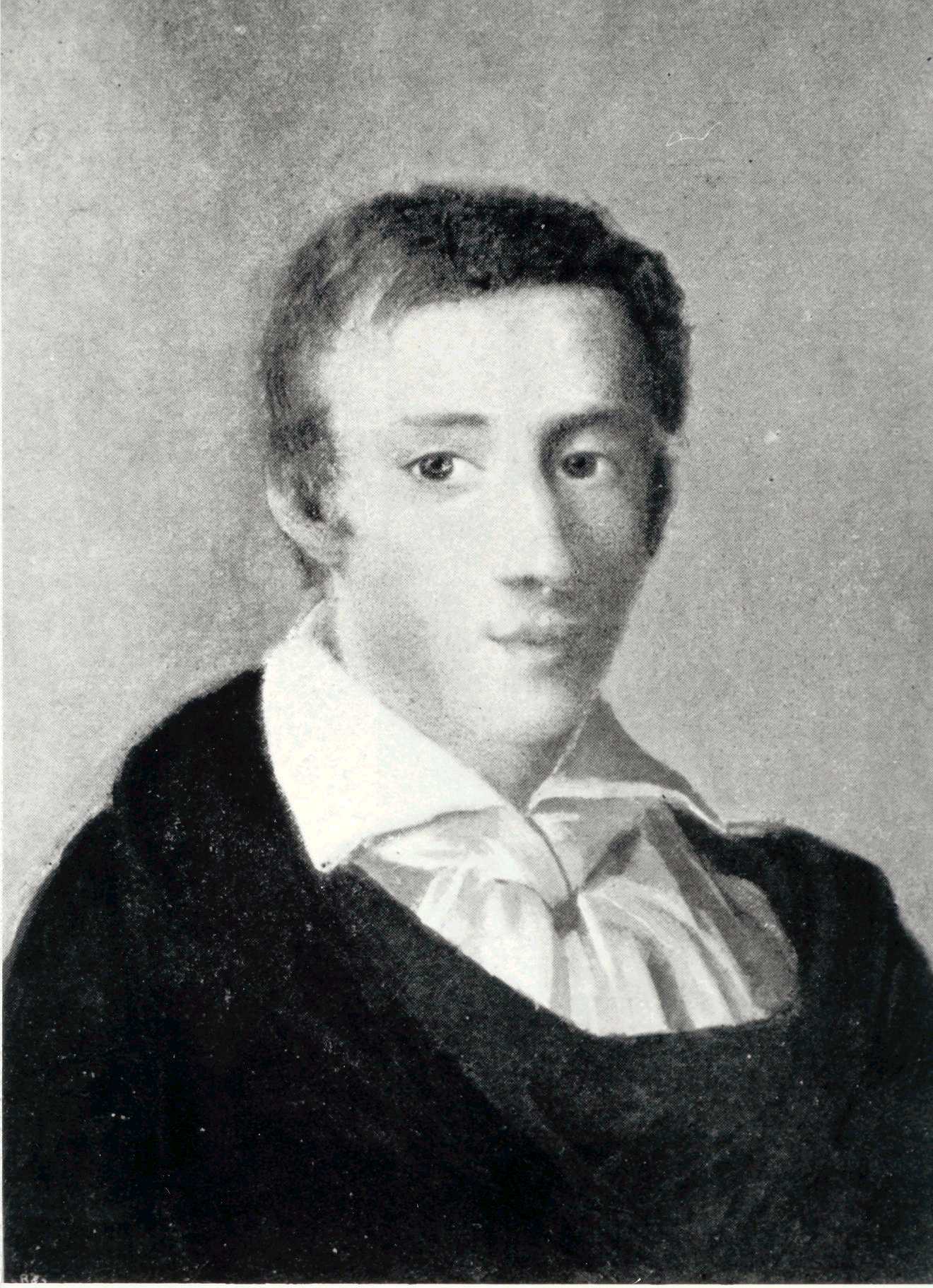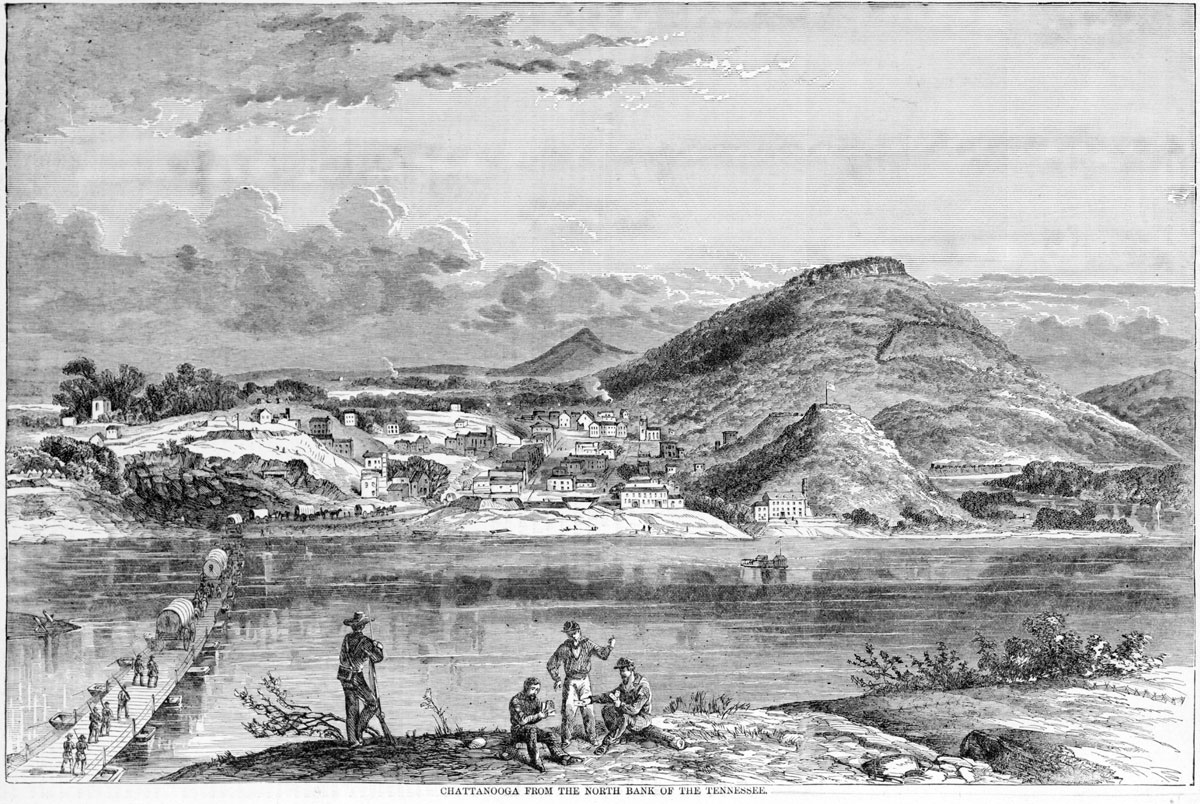|
Włodzimierz Krzyżanowski
Włodzimierz Bonawentura Krzyżanowski (; in some sources, misspelled Wladimir Krzyzanowski; 8 July 1824 – 31 January 1887) was a Polish-American engineer, politician, and brigadier general in the Union Army. A Polish noble, he took part in the 1846 uprising against Prussia and left Poland after the uprising's suppression. During the American Civil War he enlisted in the United States' Union Army, recruited a company of Polish immigrants, and became colonel of the 58th New York Volunteer Infantry Regiment, listed in the official Army Register as the "Polish Legion". In the July 1863 Battle of Gettysburg, Krzyżanowski helped repel an evening assault by the famed Louisiana Tigers on the Union defenses atop East Cemetery Hill. After the war he held several government posts, though it is disputed whether he was, as has often been stated, the first American administrator of Alaska Territory. Early life Krzyżanowski was born in Rożnowo, Grand Duchy of Poznań, into a ... [...More Info...] [...Related Items...] OR: [Wikipedia] [Google] [Baidu] |
Rożnowo, Greater Poland Voivodeship
Rożnowo is a village in the administrative district of Gmina Oborniki, within Oborniki County, Greater Poland Voivodeship, in west-central Poland. It lies approximately north-east of Oborniki and north of the regional capital Poznań. Rożnowo is best known as the birthplace of Włodzimierz Krzyżanowski, a military leader and brigade commander in the Union Army during the American Civil War. He was a first cousin to composer Frédéric Chopin. References Villages in Oborniki County {{Oborniki-geo-stub ... [...More Info...] [...Related Items...] OR: [Wikipedia] [Google] [Baidu] |
Wielkopolska Uprising (1846)
The Greater Poland Uprising () was a planned military insurrection by Poles in the land of Greater Poland against the Prussian forces, designed to be part of a general Polish uprising in all three partitions of Poland, against the Russians, Austrians and Prussians. Plans Plans to start an uprising across all parts of the partitioned Poland simultaneously on 21 February 1846 were made by several Polish organisations. In the Prussian Grand Duchy of Posen, Ludwik Mierosławski, who had recently arrived in Poznań out of French exile, was supposed to lead the military operations. While the Kraków Uprising in the Austrian partition was started but failed, the insurgents in Poznań were betrayed by a conspirator and the leaders of the organization were arrested by Prussian authorities two weeks before actions were supposed to start. [...More Info...] [...Related Items...] OR: [Wikipedia] [Google] [Baidu] |
Szlachta
The ''szlachta'' (; ; ) were the nobility, noble estate of the realm in the Kingdom of Poland, the Grand Duchy of Lithuania, and the Polish–Lithuanian Commonwealth. Depending on the definition, they were either a warrior "caste" or a social class, and they dominated those states by exercising szlachta's privileges, political rights and power. Szlachta as a class differed significantly from the Feudalism, feudal nobility of Western Europe. The estate was officially abolished in 1921 by the March Constitution (Poland), March Constitution."Szlachta. Szlachta w Polsce" ''Encyklopedia PWN'' The origins of the ''szlachta'' are obscure and the subject of several theories. The ''szlachta'' secured Golden Liberty, substantial and increasing political power and rights throughout its history, begin ... [...More Info...] [...Related Items...] OR: [Wikipedia] [Google] [Baidu] |
Polish American
Polish Americans () are Americans who either have total or partial Polish ancestry, or are citizens of the Republic of Poland. There are an estimated 8.81 million self-identified Polish Americans, representing about 2.67% of the U.S. population, according to the 2021 American Community Survey conducted by the U.S. Census Bureau. The first eight Polish immigrants to British America came to the Jamestown colony in 1608, twelve years before the Pilgrims arrived in Massachusetts. Two Polish volunteers, Casimir Pulaski and Tadeusz Kościuszko, aided the Americans in the Revolutionary War. Casimir Pulaski created and led the Pulaski Legion of cavalry. Tadeusz Kosciuszko designed and oversaw the construction of state-of-the-art fortifications, including those at West Point, New York. Both are remembered as American heroes. Overall, around 2.2 million Poles and Polish subjects immigrated into the United States between 1820 and 1914, chiefly after national insurgencies and famine. The ... [...More Info...] [...Related Items...] OR: [Wikipedia] [Google] [Baidu] |
Frédéric Chopin
Frédéric François Chopin (born Fryderyk Franciszek Chopin; 1 March 181017 October 1849) was a Polish composer and virtuoso pianist of the Romantic period who wrote primarily for Piano solo, solo piano. He has maintained worldwide renown as a leading composer of his era whose "poetic genius was based on a professional technique that was without equal in his generation". Chopin was born in Żelazowa Wola and grew up in Warsaw, which in 1815 became part of Congress Poland. A child prodigy, he completed his musical education and composed his early works in Warsaw before leaving Poland at age 20, less than a month before the outbreak of the November Uprising, November 1830 Uprising; at 21, he settled in Paris. Thereafter he gave only 30 public performances, preferring the more intimate atmosphere of the Salon (gathering), salon. He supported himself, selling his compositions and giving piano lessons, for which he was in high demand. Chopin formed a friendship with Franz Liszt ... [...More Info...] [...Related Items...] OR: [Wikipedia] [Google] [Baidu] |
Chattanooga Campaign
The Chattanooga campaign was a series of maneuvers and battles in October and November 1863, during the American Civil War. Following the defeat of Major general (United States), Maj. Gen. William S. Rosecrans's Union Army, Union Army of the Cumberland at the Battle of Chickamauga in September, the Confederate States Army, Confederate Army of Tennessee under General (CSA), Gen. Braxton Bragg besieged Rosecrans and his men by occupying key high terrain around Chattanooga, Tennessee. Maj. Gen. Ulysses S. Grant was given command of Union forces in the Western Theater of the American Civil War, West which was now consolidated under the Military Division of the Mississippi, Division of the Mississippi. Significant reinforcements also began to arrive with him in Chattanooga from Mississippi and the Eastern Theater of the American Civil War, Eastern Theater. On October 18, Grant removed Rosecrans from command of the Army of the Cumberland and replaced him with Major General George Henr ... [...More Info...] [...Related Items...] OR: [Wikipedia] [Google] [Baidu] |
Battle Of Gettysburg
The Battle of Gettysburg () was a three-day battle in the American Civil War, which was fought between the Union and Confederate armies between July 1 and July 3, 1863, in and around Gettysburg, Pennsylvania. The battle, won by the Union, is widely considered the Civil War's turning point, leading to an ultimate victory of the Union and the preservation of the nation. The Battle of Gettysburg was the bloodiest battle of both the Civil War and of any battle in American military history, claiming over 50,000 combined casualties. Union Major General George Meade's Army of the Potomac defeated attacks by Confederate General Robert E. Lee's Army of Northern Virginia, halting Lee's invasion of the North and forcing his retreat.A prior attempt by Lee to invade the north culminated in the Battle of Antietam and 23,000 casualties, the most of any single day Civil War.Rawley, p. 147; Sauers, p. 827; Gallagher, ''Lee and His Army'', p. 83; McPherson, p. 665; Eicher, p. 550. Gal ... [...More Info...] [...Related Items...] OR: [Wikipedia] [Google] [Baidu] |
Battle Of Chancellorsville
The Battle of Chancellorsville, April 30 – May 6, 1863, was a major battle of the American Civil War (1861–1865), and the principal engagement of the Chancellorsville campaign. Confederate General Robert E. Lee's risky decision to divide his army in the presence of a much larger enemy force resulted in a significant Confederate victory, described by some historians as Lee's "perfect battle". The victory, a product of Lee's audacity and Union general Joseph Hooker's timid decision-making, was tempered by heavy casualties, including Lieutenant General (CSA), Lt. Gen. Thomas J. "Stonewall" Jackson. Jackson was hit by friendly fire, requiring his left arm to be amputated. He died of pneumonia eight days later, a loss that Lee likened to losing his right arm. The two armies had faced off against each other Battle of Fredericksburg, at Fredericksburg during the winter of 1862–1863. The Chancellorsville campaign began when Hooker secretly moved the bulk of his army up the left ... [...More Info...] [...Related Items...] OR: [Wikipedia] [Google] [Baidu] |
Battle Of Fredericksburg
The Battle of Fredericksburg was fought December 11–15, 1862, in and around Fredericksburg, Virginia, in the Eastern Theater of the American Civil War. The combat between the Union Army, Union Army of the Potomac commanded by Major general (United States), Maj. Gen. Ambrose Burnside and the Confederate States Army, Confederate Army of Northern Virginia under General officers in the Confederate States Army#General, Gen. Robert E. Lee included futile frontal attacks by the Union army on December 13 against entrenched Confederate States of America, Confederate against a feature of the battlefield that came to be remembered as the 'sunken wall' on the heights overlooking the city. It is remembered as one of the most one-sided battles of the war, with Union casualties more than twice as heavy as those suffered by the Confederates. A visitor to the battlefield described the battle as a "butchery" to President of the United States, U.S. President Abraham Lincoln. Burnside planned to ... [...More Info...] [...Related Items...] OR: [Wikipedia] [Google] [Baidu] |





